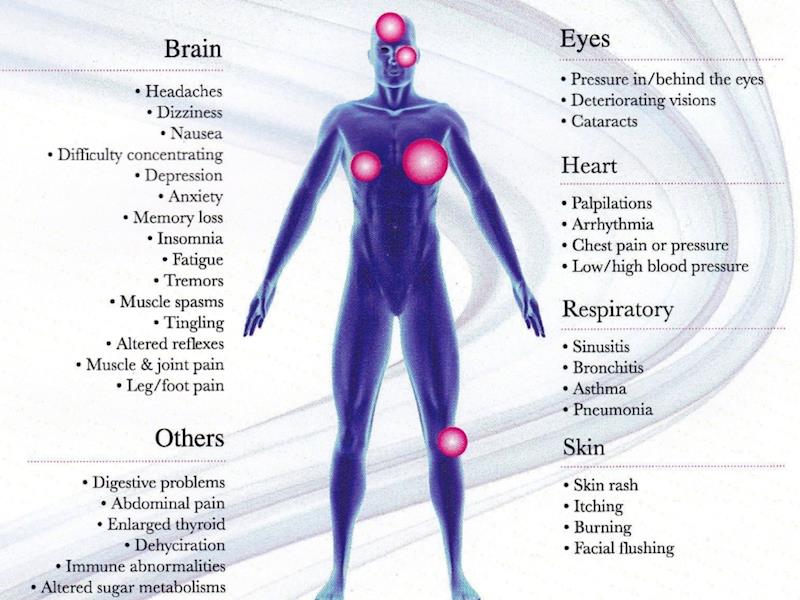The sensitivity to electromagnetic fields (EMF sensitive) refers to a state where the person is a sensitization to the electromagnetic fields that surround him. It isn't restricted to environments where there is no electrical current, but it can affect those who have an open circuit or who are exposed to electromagnetic fields for long periods of time. The Environmental Health Center-Dallas has a thorough understanding of the reasons behind EMF sensitivities, and can assist patients in treating the symptoms. The center can perform tests to determine if the patient is at risk of EMF exposure. emf sensitivity symptoms can be accomplished using new technology that measures heart rate variation.
I.E.-EMF sensitivity is a sign of exposure to emf
Electromagnetic contamination and the magnetic fields that result from it have been linked to the development of a variety of ailments. The symptoms are often difficult to detect, and some people have experienced a variety of symptoms. They could be the result of pre-existing conditions or an ailment that is caused by exposure to large amounts radiation fields. Whatever the reason the symptoms can be extremely debilitating for individuals who experience them. Despite this, the scientific community isn't quite sure of the extent to which the IEI sensitive syndrome is, and the extent to which it is widespread.
It is not a symptom of electrohypersensitivity
While the symptoms of electrohypersensitivity and EMF sensitivity are similar, there are some key differences. Electromagnetic hypersensitivity is often misunderstood and symptoms may vary. It is important to get an accurate diagnosis in order to determine the underlying causes and possibilities for treatment.
It isn't a symptom of EHS
Although EMF sensitiveness isn't an essential sign of EHS but it is commonly related to the disorder. Indeed, some studies have suggested that the condition is related to environmental and genetic causes rather than any specific physical condition. Despite this, more research is needed to make definitive conclusions.
It can be confusing
The signs of EMF sensitiveness can be confusing. A majority of EHS sufferers aren't able to attribute their condition to a specific cause. They seek medical help however are unable to identify a cause for their condition. This raises suspicions that they could be suffering from some sort of mental disorder, and leads to an increasing feeling of anxiety and helplessness.
It can be terrifying
EMFs, also known as electromagnetic fields or EMFs are often frightening. Some people report experiencing unpleasant symptoms after exposure to these fieldsthat are generated by devices such as Wi-Fi routers as well as mobile phones. The symptoms can range in severity, however in extreme cases, individuals have to avoid the use of fluorescent lighting and electronic devices. In extreme cases, people might even be forced to leave the modern world, living in isolated communities called "EMF-free areas".
emf sensitivity symptoms is a good supplement to melatonin production
The most significant hormones that the body produces Melatonin is a hormone that is produced by the pineal gland. It is involved in numerous functional aspects of life, including the regulation of circadian rhythm. However, its use as a protection factor against non-ionizing electromagnetic fields has been in doubt because of inconsistencies in results from different studies. The current knowledge of the hormone's protective mechanisms is mostly based upon our knowledge of the mechanism by which it acts to shield the body against the oxidative stress caused by exposure to RF/ELF.
It can aid with changes in the autonomic nervous system.
Numerous studies have shown that EMF sensitiveness can affect the nervous system of autonomic control. emf sensitivity symptoms with the condition can have altered autonomic responses and experience digestive issues. Some patients have problems digesting food properly , or be ill following a light portion. Others may experience changes in body temperature or suffer from heat intolerance. These conditions are usually secondary to other health conditions, such as diabetes.

